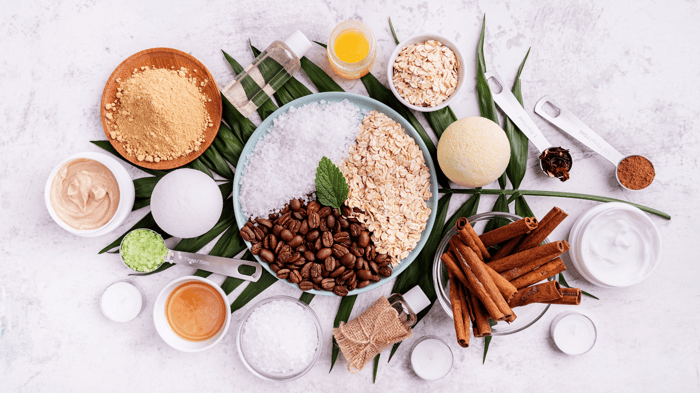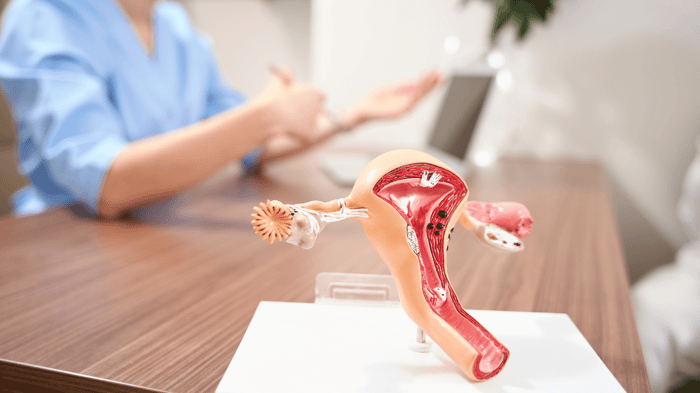Table of Contents
Vaginal health is often left out of larger wellness conversations, yet it is one of the most important markers of overall balance and comfort. While lubricants and synthetic products offer quick fixes, plant-based ingredients provide something deeper: sustainable nourishment that works with the body instead of masking its needs.
From foods rich in phytoestrogens to herbs with centuries of traditional use, plants supply the tools our bodies crave to restore hydration, microbial balance, and resilience. When woven into diet and daily rituals, they not only ease dryness and discomfort but also strengthen the very foundations of intimate wellness.
And in a modern context, this wisdom is embodied in supplements like She Juicy, which harnesses slippery elm bark—a plant once trusted in herbal medicine and now formulated to directly support vaginal hydration.
The Science Behind Plant-Based Vaginal Support
Unlike synthetic chemicals that override the body’s natural processes, plant compounds work more gently, often by nudging existing systems into balance. This is why they’re particularly effective for conditions like dryness, pH imbalance, or irritation, where long-term health is about restoring equilibrium rather than forcing change.
One key example is phytoestrogens, plant-derived compounds that resemble estrogen in their structure. By binding to estrogen receptors, they provide a softer form of hormonal support. This can be a game-changer for women entering menopause, when plummeting estrogen often leads to thinning tissues, loss of elasticity, and uncomfortable dryness.
Another mechanism is the prebiotic effect of plant fibers and polyphenols. These compounds feed beneficial Lactobacillus species, ensuring the vaginal microbiome stays dominated by protective bacteria. A healthy microbiome in turn maintains acidic pH, keeping infections like bacterial vaginosis at bay.
Finally, antioxidants and anti-inflammatory agents in plants protect delicate tissues from oxidative stress. Vaginal lining is thin and sensitive, and oxidative damage can accelerate dryness and irritation. Antioxidant-rich diets help counter this by keeping tissue strong and hydrated.
From Plate to Pelvis: Foods That Influence Vaginal Health
Fermented Foods for Microbial Balance
When we think of probiotics, we usually think about gut health, but vaginal health is deeply connected to the gut through hormonal signaling and immune pathways. Fermented foods like kefir, miso, sauerkraut, and kimchi don’t just repopulate gut flora—they indirectly reinforce the vaginal microbiome.
Studies show that women who regularly consume probiotics are less likely to experience recurrent BV or yeast infections. This is because a healthy gut helps regulate estrogen metabolism, which in turn influences vaginal flora.
Leafy Greens and Circulation
Circulation is often overlooked in conversations about vaginal dryness, yet it plays a critical role. Good blood flow means better delivery of nutrients and oxygen to vaginal tissues, which supports elasticity and lubrication.
Leafy greens like spinach and arugula are nitrate-rich, meaning they boost nitric oxide in the body, a compound that relaxes blood vessels and improves circulation. For women experiencing arousal difficulties or dryness, this vascular support can make intimacy more pleasurable and less painful.
Omega-3 Fatty Acids and Inflammation
Inflammation is at the root of many forms of vaginal discomfort—from dryness and irritation to recurrent infections. Omega-3 fatty acids from plant sources like flaxseeds, walnuts, and chia seeds reduce systemic inflammation while also strengthening cell membranes.
This dual effect helps tissues stay hydrated and resilient. Women with higher omega-3 intake report fewer symptoms of dryness during menopause, and research links these fats with smoother hormonal transitions.
Soy and Phytoestrogens
Soy products like tofu, edamame, and soy milk contain isoflavones, one of the most studied forms of phytoestrogens. While weaker than human estrogen, isoflavones help maintain vaginal thickness and elasticity. For women unable or unwilling to use hormone therapy, soy provides a safe dietary alternative with tangible benefits.
Beyond Diet: Botanicals That Go Deeper
Food lays the foundation, but certain herbs carry more targeted effects.
Aloe vera offers direct hydration to mucous membranes and is widely used in soothing gels.
Cranberry prevents UTI-causing bacteria from sticking to urinary tract walls.
Calendula and chamomile calm inflamed tissue with their anti-inflammatory and antioxidant compounds.
Slippery elm bark—the star of She Juicy—forms a gel-like mucilage that coats and hydrates sensitive tissues, offering natural relief from dryness.
Unlike synthetic moisturizers, these botanicals bring the advantage of working in harmony with the body’s microbiome and natural lubrication processes.
She Juicy: Where Tradition Meets Innovation
Even the most carefully balanced diet sometimes isn’t enough. Menopause, stress, certain medications, or cancer treatments can overwhelm the body’s natural ability to stay lubricated.
She Juicy was created for exactly this gap.
By concentrating slippery elm bark into an easy-to-take capsule, it provides consistent, hormone-free support for vaginal hydration. The mucilage in slippery elm acts like a natural moisturizer from the inside, helping tissues stay soft, flexible, and comfortable.
What makes it modern is not just the herb itself, but the scientific precision in dosage, safety, and formulation. Unlike DIY herbal teas or poultices, She Juicy™ delivers the plant in a reliable, standardized way—ensuring every capsule supports your daily juiciness.
Reframing Vaginal Health Through Plants
For too long, vaginal discomfort has been treated with quick fixes or surrounded by stigma. But plant-based nutrition and supplementation remind us that our bodies are designed to thrive with natural support.
When you eat in ways that nourish circulation, hormonal balance, and microbial health, you’re investing not only in vaginal comfort but also in cardiovascular strength, immune resilience, and emotional confidence.
And with supplements like She Juicy, that support becomes accessible and sustainable—bridging the wisdom of herbal medicine with the precision of modern wellness.
Because vaginal health isn’t just about fixing discomfort—it’s about feeling juicy, alive, and fully yourself at every stage of life.
FAQs
Can plant-based foods alone relieve vaginal dryness?
Sometimes, especially for mild cases. But in menopause or during medication-related dryness, supplementation (like She Juicy™) is often necessary for noticeable results.
How soon can I expect changes after starting She Juicy™?
Most women report greater comfort and hydration within 2–4 weeks, though full benefits may take longer depending on hormone levels and lifestyle.
Are phytoestrogens safe for women with a history of breast cancer?
While many plant estrogens are considered safe, women with estrogen-sensitive conditions should always consult a physician before use.
What makes slippery elm different from other herbs?
Its mucilage creates a direct coating effect, soothing tissue and retaining moisture in a way few other herbs can replicate. That’s why it has such a strong history in women’s health remedies.
Can She Juicy™ replace hormone therapy?
No. It is not a medical replacement for estrogen therapy, but it offers gentle, plant-based hydration support for those who cannot or prefer not to use hormones.











